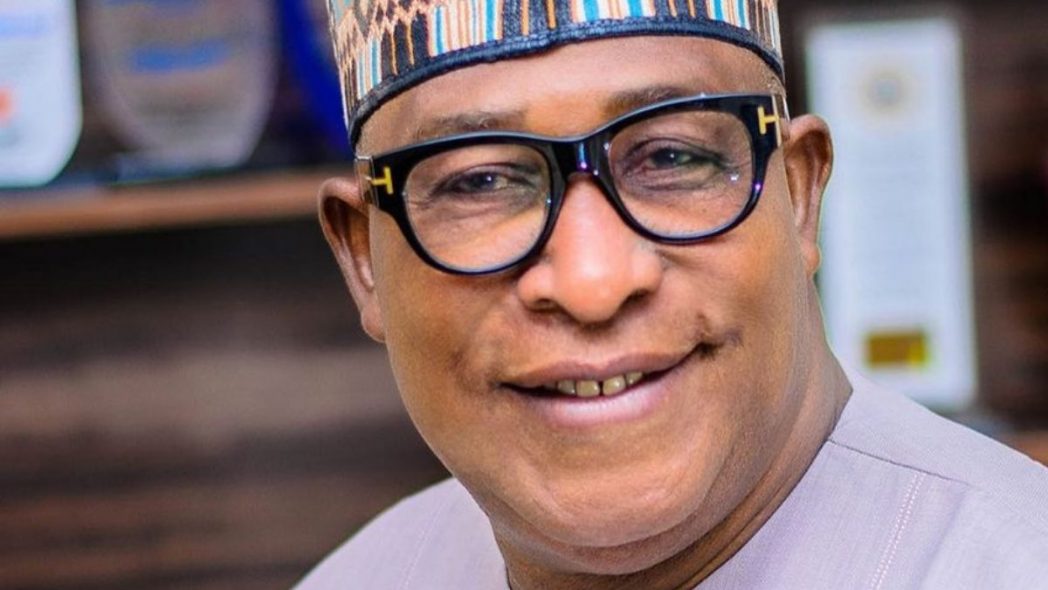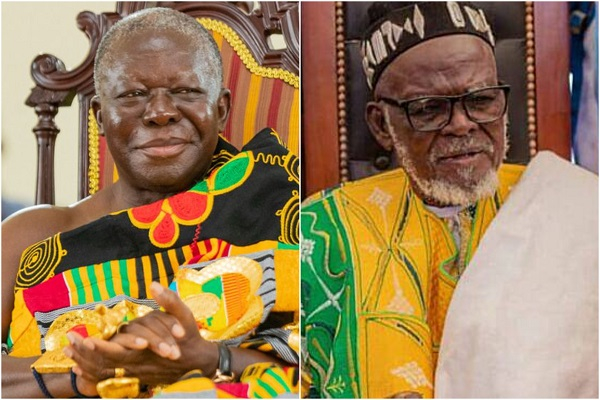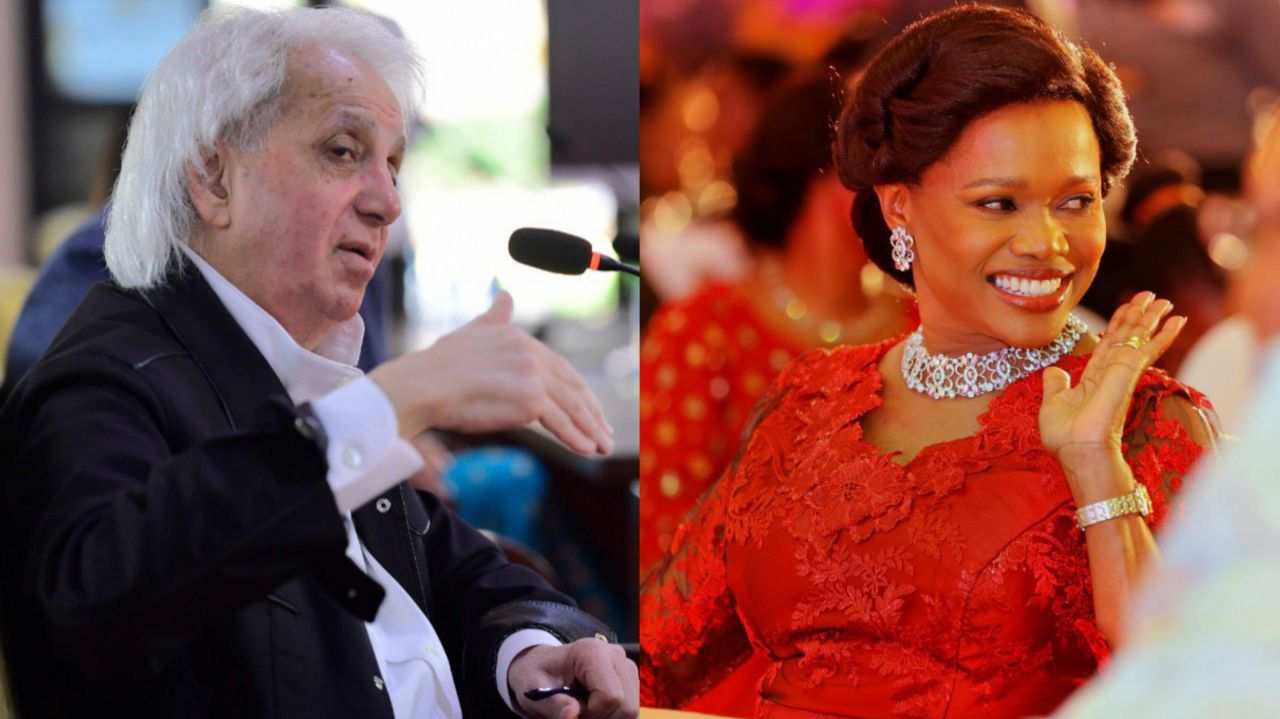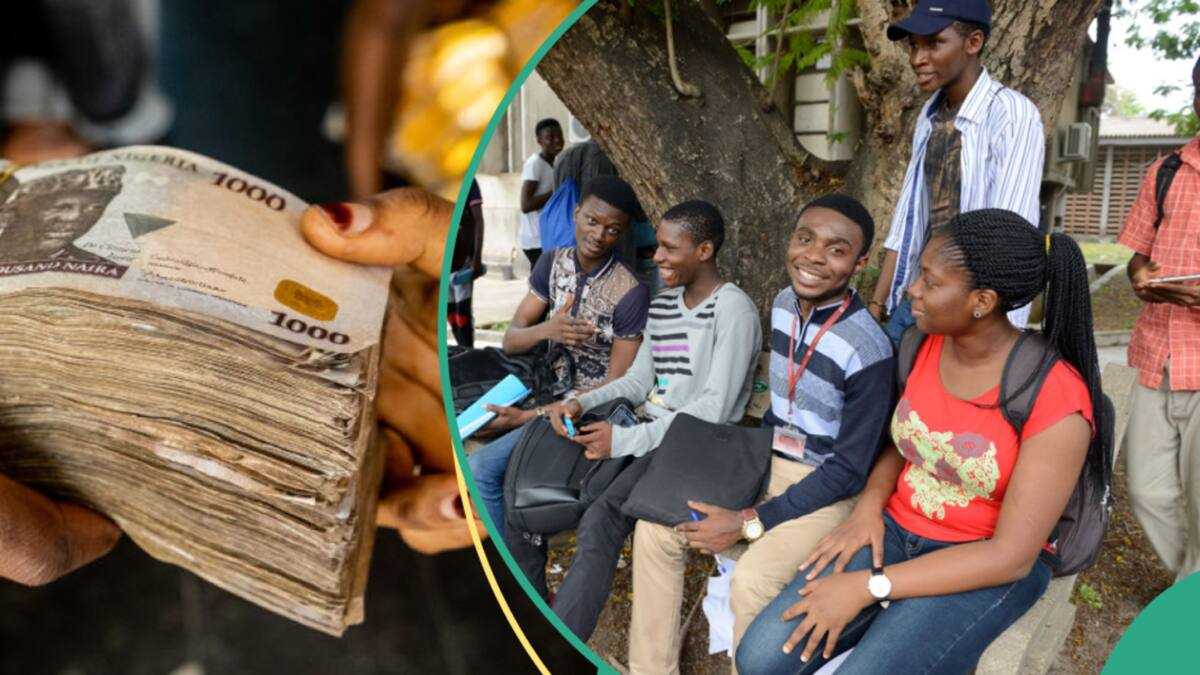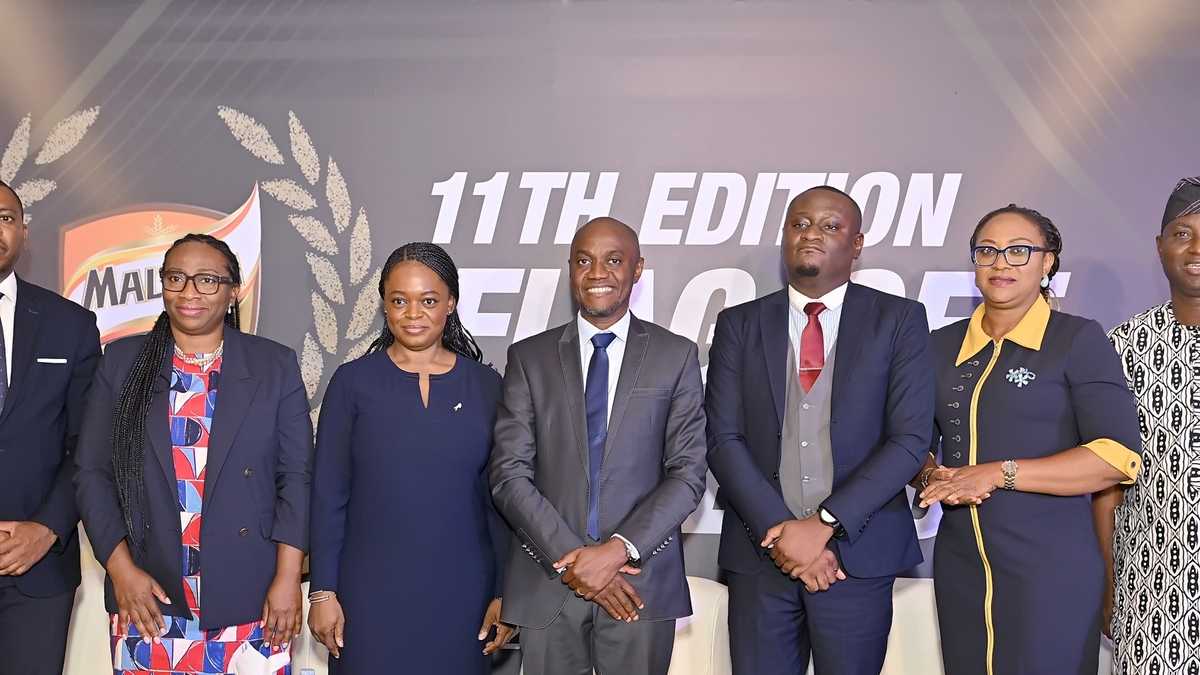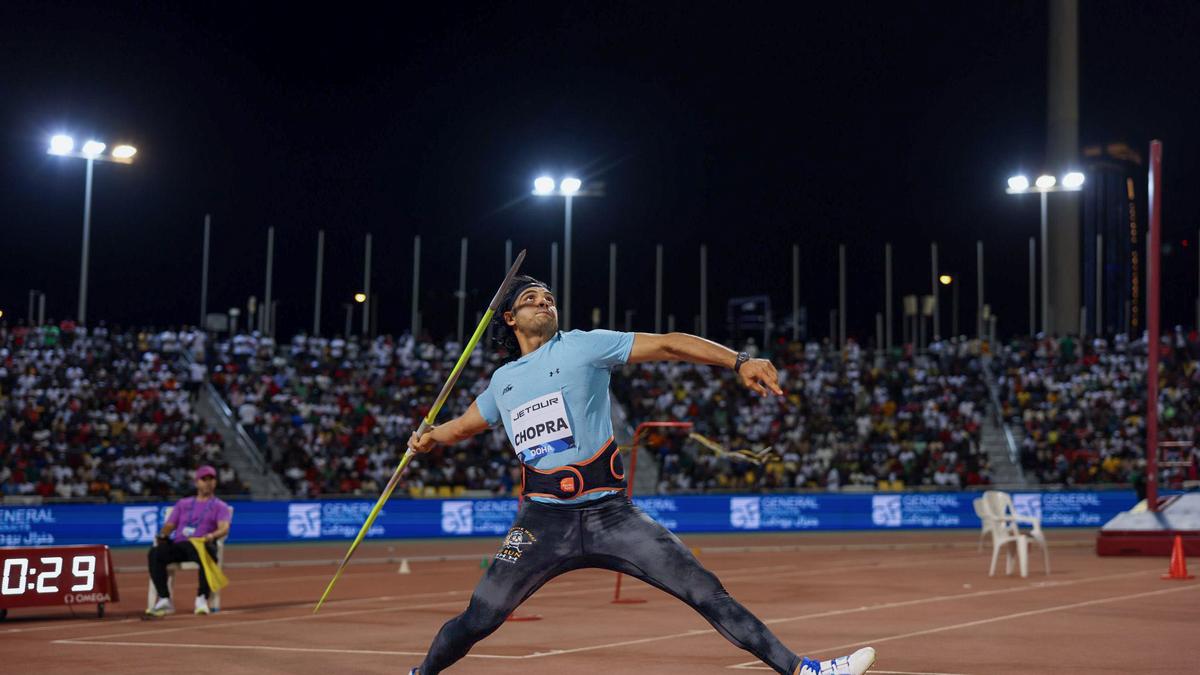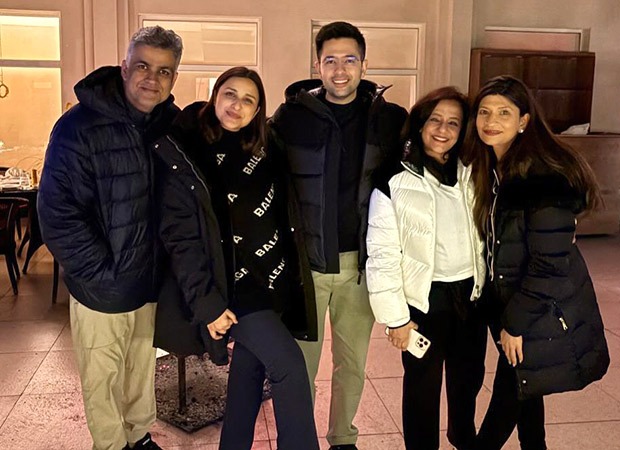From Reels to Retail: India's influencers turning as next startup founders - The Economic Times
They started with trending audio, viral filters and loyal digital fandoms. Now, India’s top social media influencers are trading in their ring lights for retail shelves, owning brands in beauty, fashion, and beyond.
Creators like Kusha Kapila, Nitibha Kaul, Neetu Bisht and Sunny Chopra are trying their hand at entrepreneurship and perhaps competing with popular Bollywood celebrities like Katrina Kaif and Kriti Sanon.
While Kapila has launched a shapewear brand called Underneat and Nitibha Kaul introduced skincare products under AltK Beauty, Neetu Bisht came up with Netose Clothing and Sunny Chopra has a fashion brand, Ksunch. While Kaif has Kay Beauty, Sanon owns a skincare brand, Hyphen.
The strategy is to appeal the micro communities of their followers, ranging from 1 million to 10 million.
India’s influencer-to-founder story is a natural evolution, experts say, and could unlock new value besides just influencer marketing, which is projected to reach Rs 3,375 crore by 2026, according to estimates by audit and consultancy firm EY.
To be sure, influencer marketing has already propelled social media to become the world’s largest advertising channel, surpassing paid search with an annual spend of $247.3 billion in 2024, according to global research firm Influencer Marketing Hub. India ranked third among key markets.
 ETtech
ETtech
“The shift from influencer to entrepreneur is a natural evolution in the creator economy,” said Ankit Panicker, business head at influencer management agency Clout Pocket Aces. “What sets them apart is the deep, authentic connection they have with their audience — and that connection translates into trust, which is the most valuable currency when launching a brand today.”
“We’re witnessing a powerful shift from content creation to business creation. This isn't just about monetising fame; it’s about translating trust into tangible value,” said Tushnik Thakur, lead - influencer marketing at AnyMind Group India.
“These creators don’t need blockbuster budgets,” said Sahil Chopra, CEO of ad-tech firm iCubesWire. “Their strength lies in storytelling. People know them, trust them, and now they want to buy into their journey.”
The trend has matured in the West with success stories of creator entrepreneurs like MrBeast (Feastables), Logan Paul (Prime), Kylie Jenner (Kylie Cosmetics) and Emma Chamberlain (Chamberlain Coffee) who have set a high benchmark.
India is catching up fast, thanks to a digital-first population of over 800 million internet users and a booming creator ecosystem across regional languages and formats, experts said.
“India’s opportunity is bigger in the long run,” Panicker said. “We’re seeing young consumers hungry for aspiration and relatability.”
The rise of Tier 2 and Tier 3 creators is further reshaping the narrative. “The creator economy here isn’t a top-heavy pyramid; it’s a vast network of communities, each with its own language, needs, and loyalties,” said Thakur. “And that gives us incredible room for category-specific brands.”
Despite entering saturated categories like beauty, fashion, and skincare, influencers are carving out white spaces with sharp positioning and agile marketing. “You don’t need to outsell the giants, you just need to outconnect them. Although traditional brands have scale, but creator-led brands have speed, agility and story. And let’s not forget, the attention economy rewards those who know how to hold it,” Thakur said.
Firms like Pocket Aces and AnyMind Group are now playing ecosystem builders. “We’re not just execution partners,” said Panicker. “We help with everything from market research and product testing to PR and distribution.”
AnyMind’s Thakur said: “Our model is co-creation. We help creators build businesses without losing their voice.”
